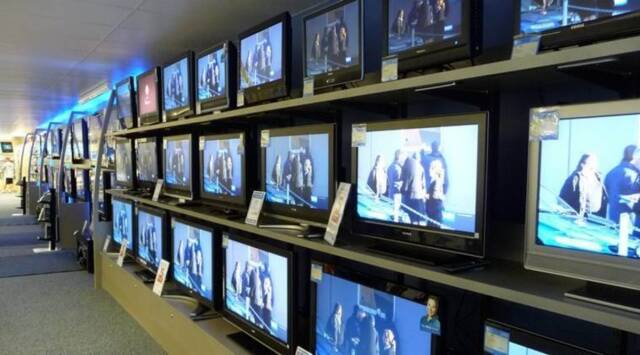Self-regulation by news networks insufficient: The Judge Nagarathna

The current system of self-regulation followed by news channels is insufficient because it binds only those broadcasters who are willing to be a part of the association or submit to its jurisdiction, according to Supreme Court judge B V Nagarathna, who also cautioned that any form of oversight, whether self-regulatory or otherwise, “must not effectively become control” and “stifle free speech.”
Justice Nagarathna stated on Saturday at the Business Standard Seema Nazareth awards event that a free press must play a “constructive role” and that “attacking the government and constantly playing devil’s advocate for the sake of it, must not become its sole objective.”
Justice Nagaratha stated in a speech titled “A Free and balanced press and Media: A Sentinel of Democracy”: “Today, news channels are governed by mechanisms of self-regulation. However, it must be understood that self-regulation alone is not an adequate solution for two reasons: first, self-regulation binds only those broadcasters who are willing to be a part of the Association or submit to its jurisdiction; and second, self-regulation binds only those broadcasters who are willing to be a part of the Association or submit to its jurisdiction. For self-regulatory bodies, enforceability has become a challenge. The second difficulty derives from the fact that evolving technologies have made it possible for anyone to create and distribute content that millions of people can access. This form of ‘journalism’ in the 21st century must also be subject to some form of regulation.”
She stated that “in any society that aspires to democracy, freedom of speech and expression, which includes press freedom, is essential” and that “a free and balanced press is essential to the life of an individual in a democratic state.”
While praising the guarantee of free speech, which included press freedom, she noted that even members of the Constituent Assembly “did not accept the theory that any fundamental right, including press freedom, is absolute.”
She stated that the Supreme Court had also characterised press freedom as “the most cherished and valued freedom in a democracy; one of the pillars of democracy; the most valuable of all freedoms guaranteed by the Constitution.”
She elaborated on the role of the press by stating, “While it is essential that a democratic environment be fostered in which the press is able to discuss and even criticise government policy or action, attacking the government and playing devil’s advocate for the sake of it must not become the sole objective of a free press. A free press must not be either an ally or an enemy. But a constructive critic”.



